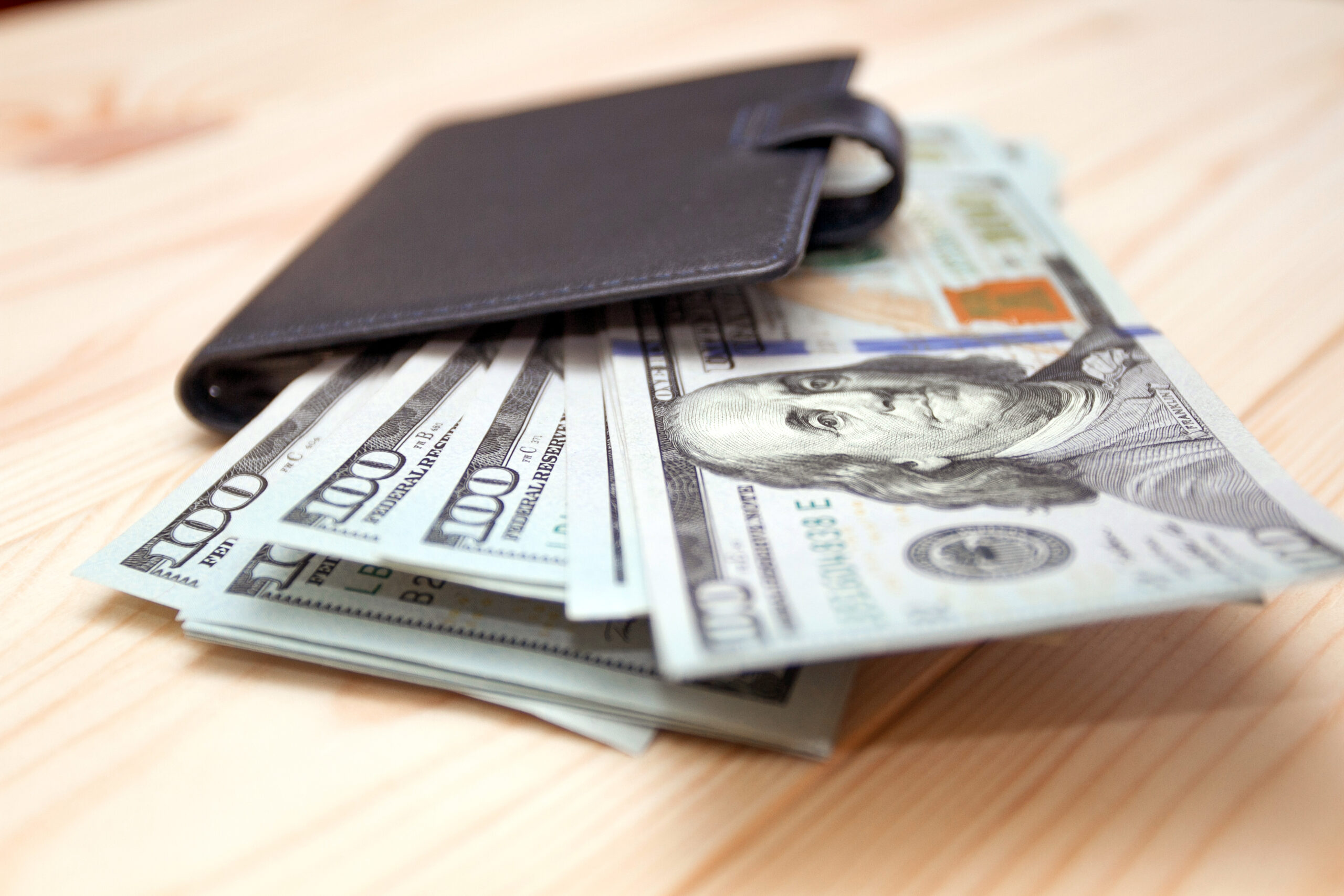You may think that your biggest expenses in retirement will be traveling to exotic locations or investing in that new set of golf clubs. And that may well be true. But some of your biggest expenses may surprise you — because you pay them already.
The spending that most folks rack up during their working years does not suddenly change in retirement. Planning years in advance to try to maintain a reasonable style of living in retirement requires a keen sense of how much you’ll need to save and accumulate.
Here are three of the biggest expenses in retirement:
1. Housing
Housing is likely to be your biggest cost in retirement. Many retirees think when they pay off their home, the house payment goes away but property taxes, insurance, and escrow fees never do. Plus, home repairs get more difficult to handle yourself as you age. There are a variety of ways to significantly reduce your monthly housing bills.
Paying off your mortgage can eliminate a major monthly expense, leaving only the cost of taxes, insurance, and maintenance. Another option is to downsize to a home that costs significantly less and frees up home equity to pad your nest egg. Moving to a new place with a lower cost of living can improve your retirement finances. Or a smaller home in a less expensive neighborhood could also reduce your heating, cooling, maintenance, and tax bills.
2. Healthcare
If you’re in reasonably good health, healthcare spending will typically be relatively low when you retire, then jump as you age into your 80s and beyond. According to a recent study, an average retired couple (aged 65) may need approximately $315,000 saved to cover healthcare expenses in retirement.¹
And that amount doesn't even include over-the-counter medications or long-term care. Depending on your health and your luck, you may end up spending a lot more or less than the $315K average. In either case, the main takeaway here is that you need to factor healthcare costs into your overall retirement plan.
3. Taxes
The tax consequences in retirement can be overwhelming when you consider all the benefits you have available to you. Many people do not fully understand how they’ll be taxed in retirement. Even though it seems like taxes might decline when you’re retired, that’s not always the case. The key is to try to plan for taxes before you retire.
Many federal employees wholeheartedly believe that they will be in a lower tax bracket in retirement than they are right now. What actually ends up happening, is that most people end up in the exact same tax bracket that they are in right before they retire from federal service.
Overall, your expenses may drop in retirement but not as significantly as you anticipate. Therefore, it’s critical to get these costs under control before you retire and account for them in your retirement plan.
If you’re ready to get serious about planning for your retirement from federal service, register to attend a workshop today!
*********************************
For an introduction to a financial professional in our network: FedImpact.com/request-to-meet
View all Articles: FedImpact.com/articles
Find a comprehensive retirement workshop for your area: FedImpact.com/attend
Source:
¹2022 Retiree Health Care Cost Estimate, Fidelity Investments


